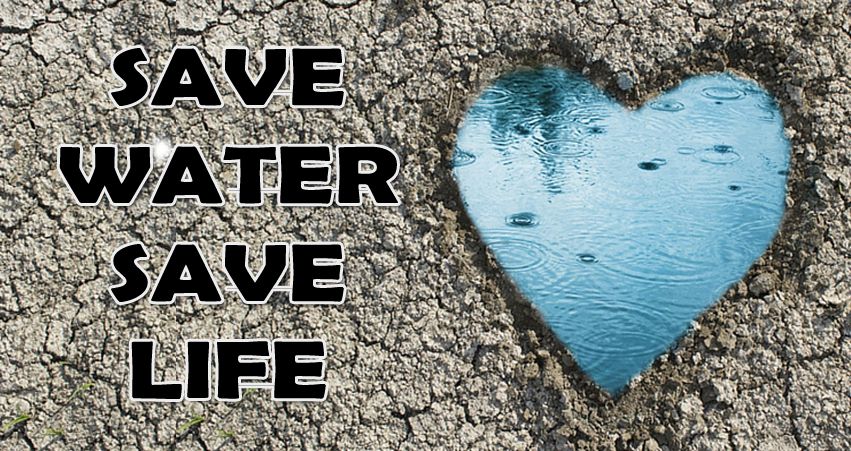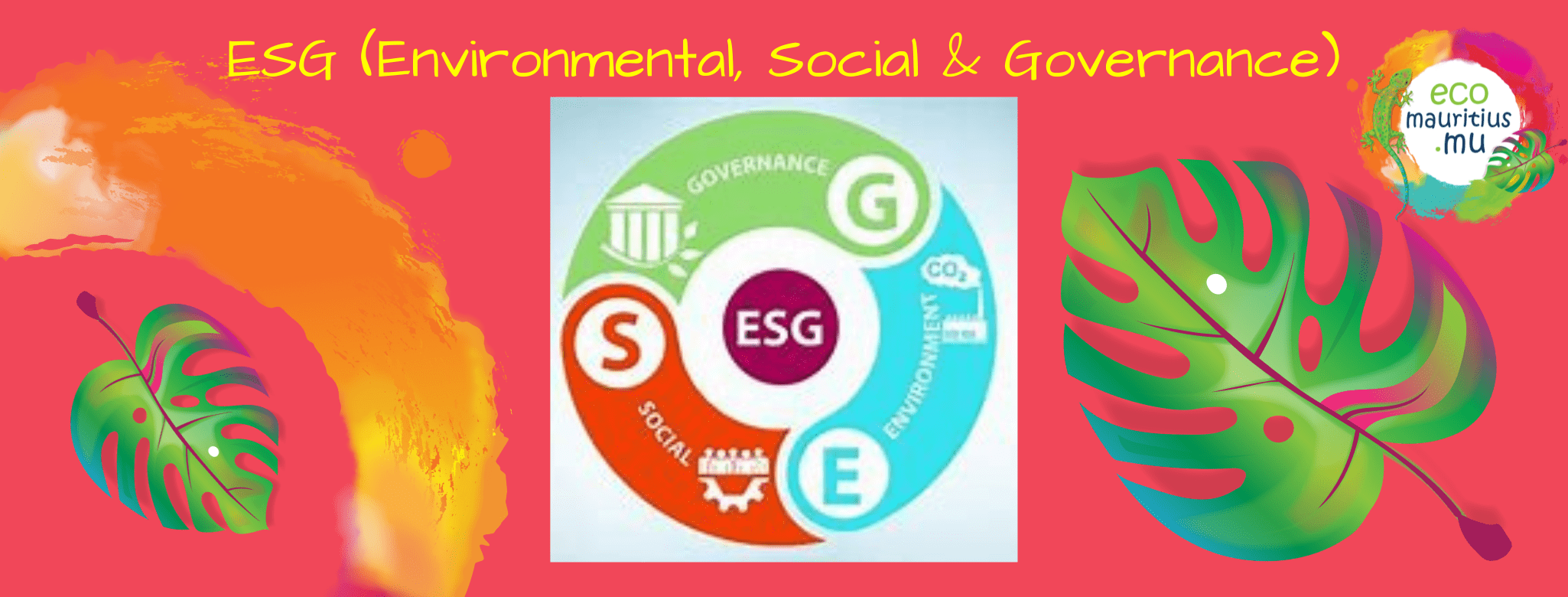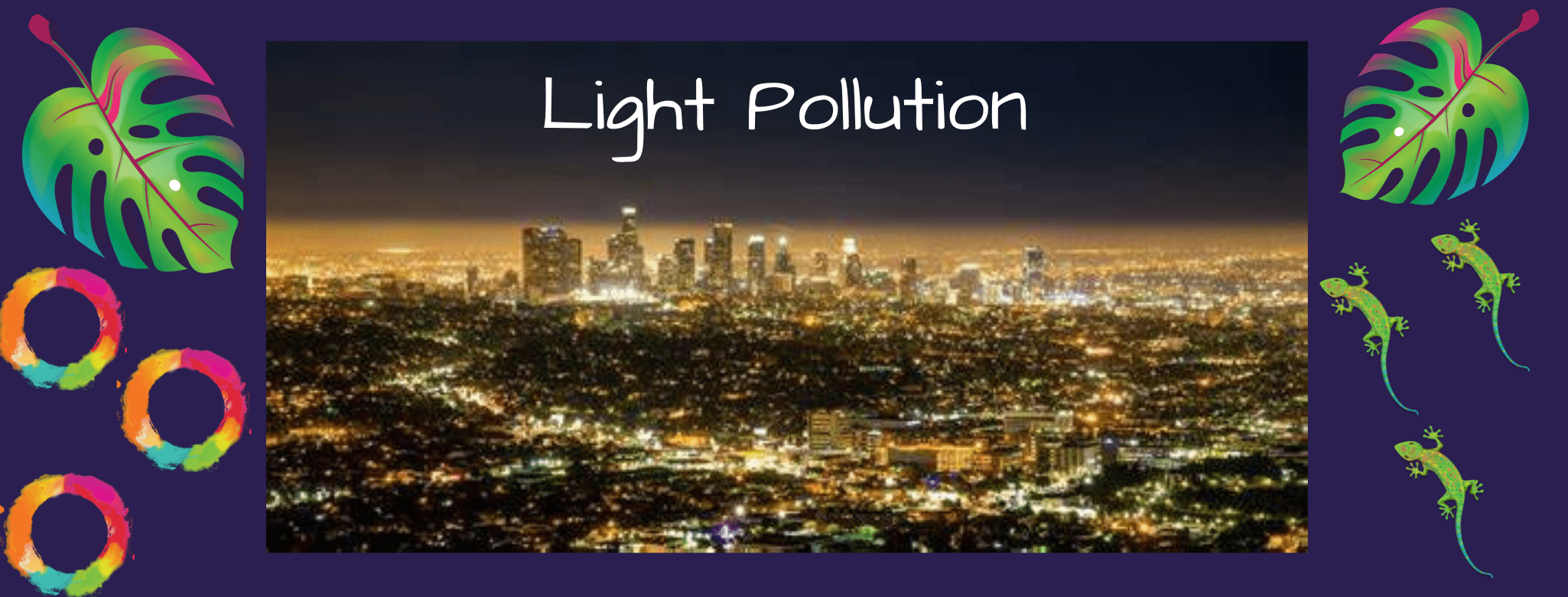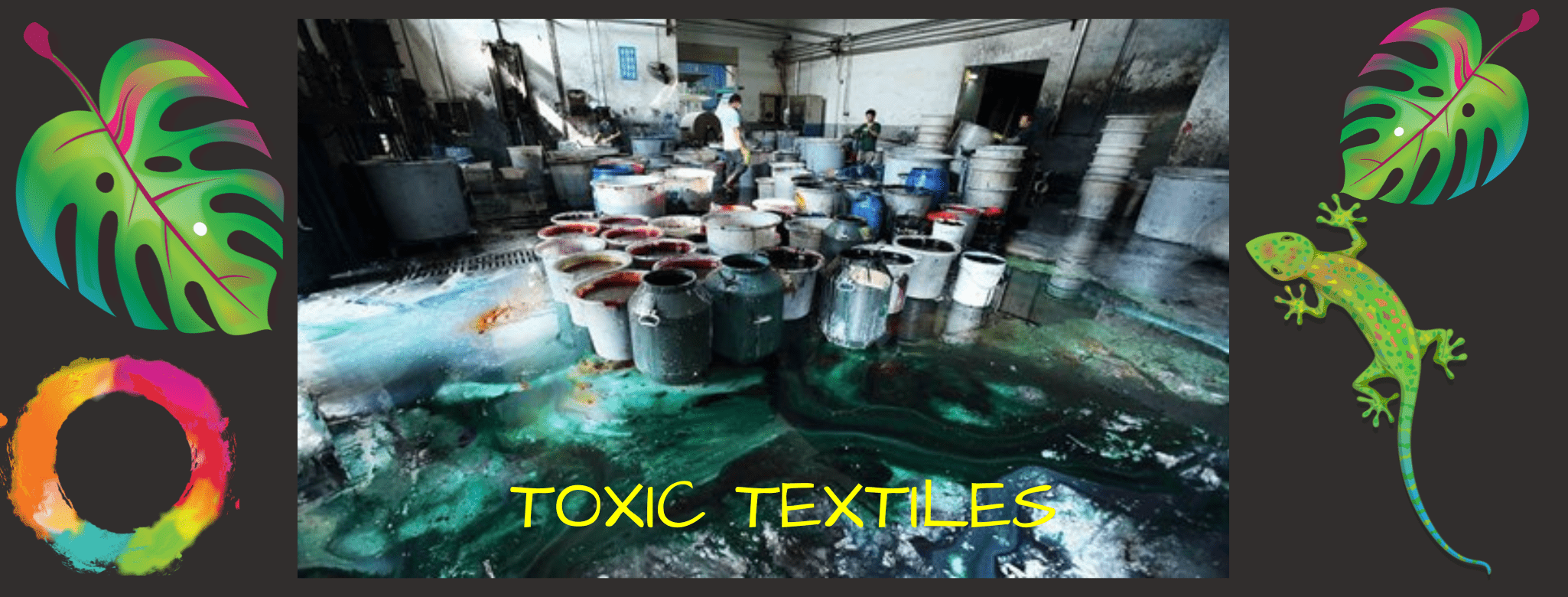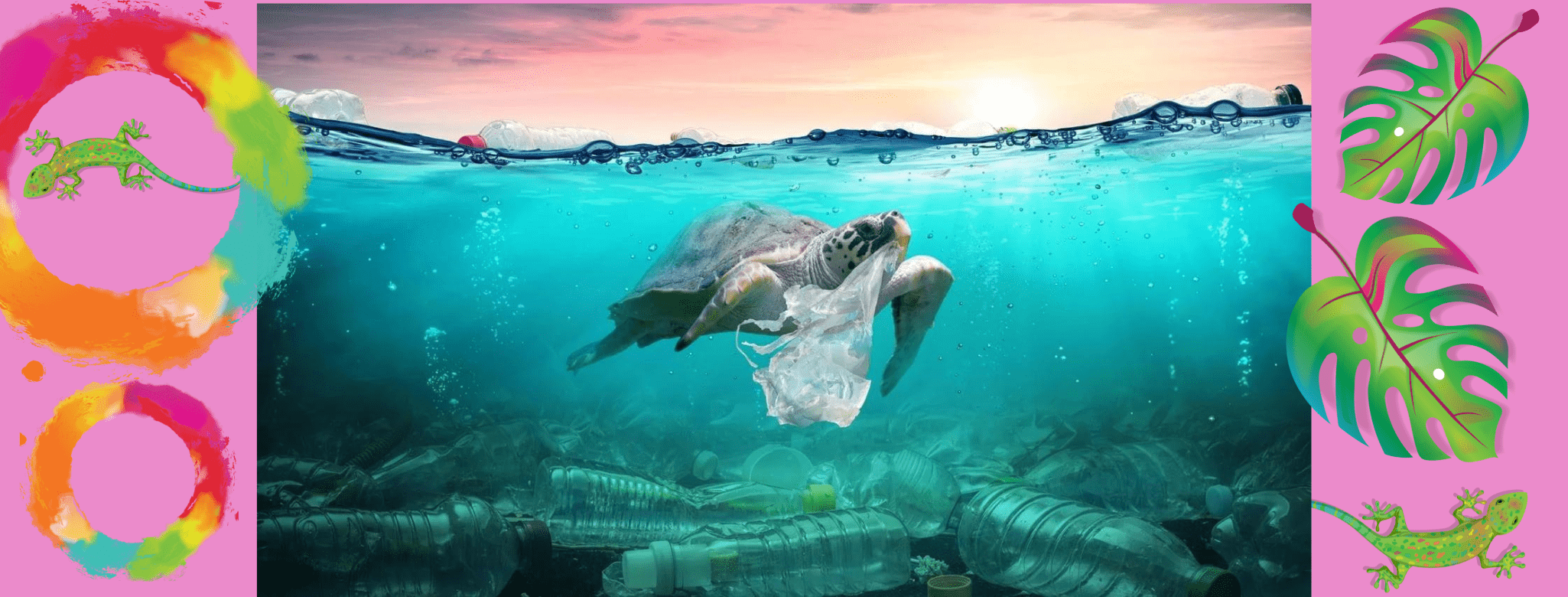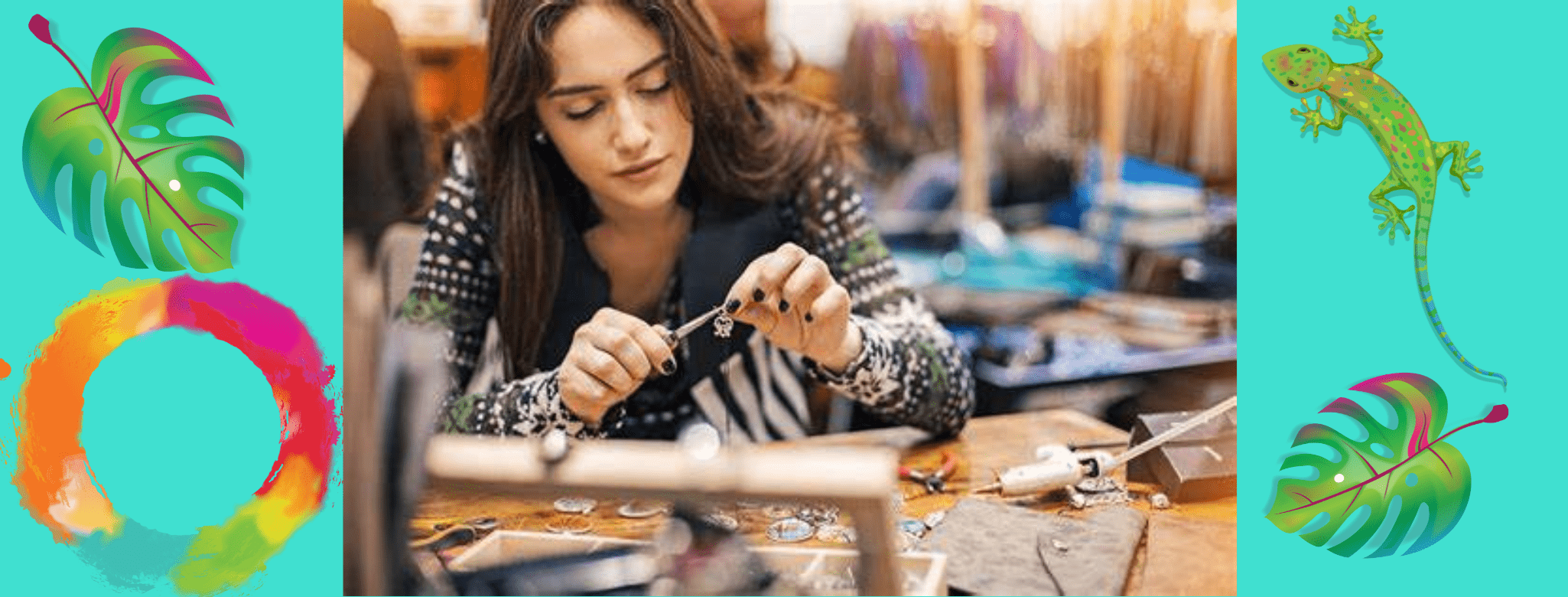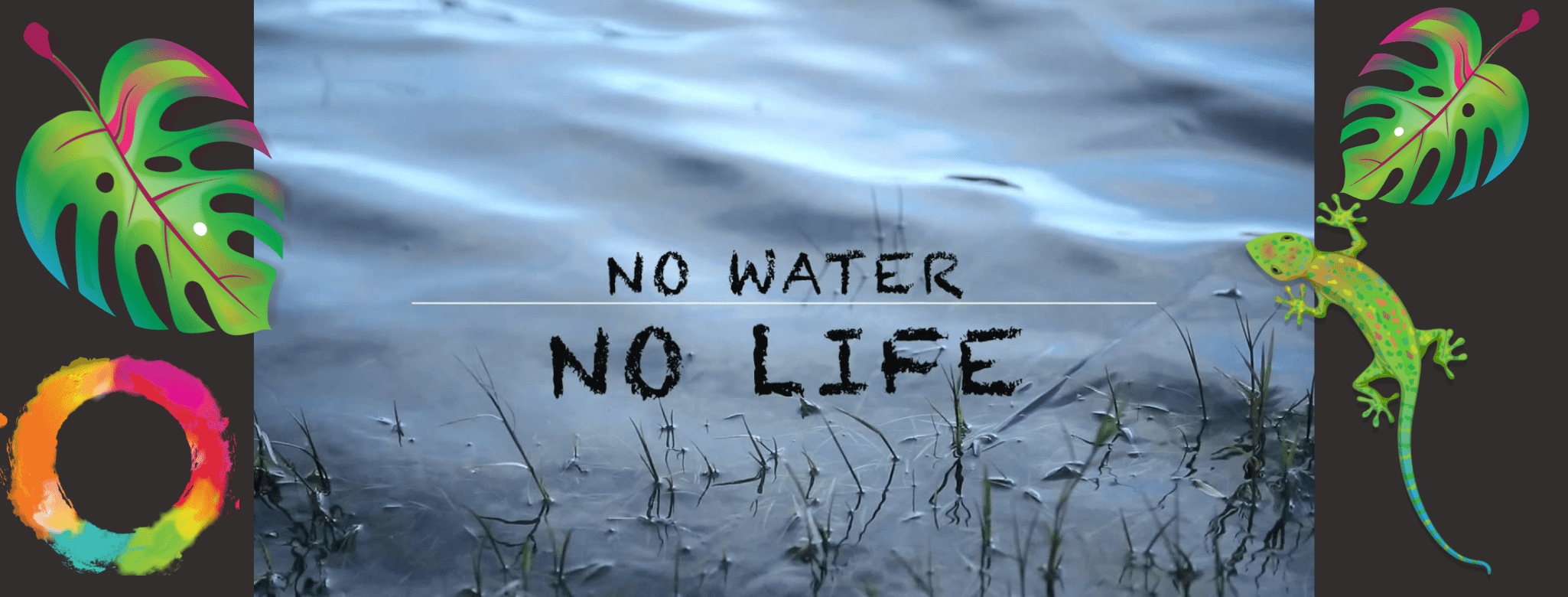
We often take water for granted, but we can face scarcity if we don’t use it sustainably… It is one of the planet’s most important resources, the largest natural resource. Even if we are surrounded by water, only about 3% is fresh water and only about 30% of this are available for domestic and agricultural purposes, while the rest is stuck in glaciers or deep in the underground.
When we talk about sustainable water, it means that a population is self-sufficient in this resource, and all the needs of the various sectors are met, while maintaining a consistent supply. Sustainable water is effectively keeping a balance between the supply and the demand, with an equitable and clean delivery process that meets the needs of every part of the population and respects the environment.
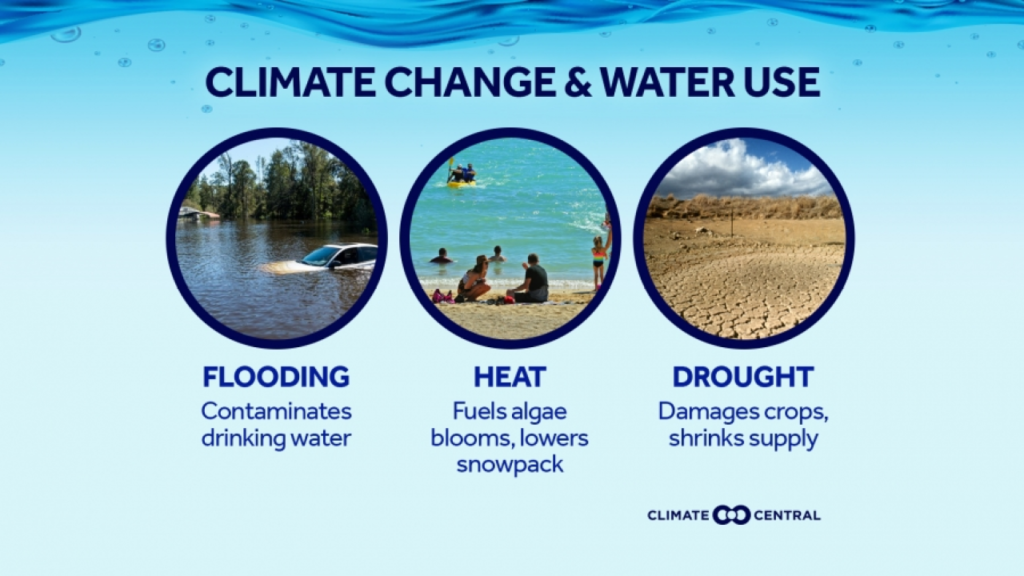
It is estimated that more than two billion people get water pumped from underground stores – aquifers. With the boost in global economy these last decades, the demand in products using a huge amount of fresh water in their manufacturing process has critically risen, for example, the textile industry, meat, and dairy products.
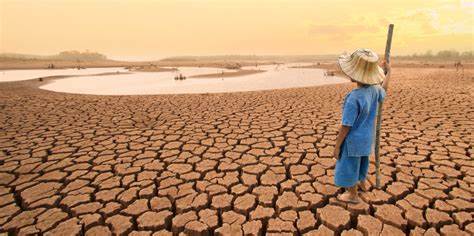
Climate change also has a great impact on the access to water. The increase in extreme climatic occurrences like torrential rainfall, typhoons, hurricanes, droughts are making societies more vulnerable to these water-related disasters, limiting their access to this resource more difficult.

Around 74 % of all natural disasters between 2001 and 2018 were water-related and, over the past 20 years, more than 3 billion people have been affected by floods and droughts, according to the UN’s latest report. As the effects of global warming worsen, access to this asset is becoming increasingly difficult. According to the Global Burden of Disease study, 1.23 million people died prematurely in 2019 due to a lack of safe drinking water.
Unfortunately, many countries are still not caring about a wiser use of water today. For example, Saudi Arabia, Egypt, the United Arab Emirates and Libya, are withdrawing water unsustainably from lakes and rivers at a rate of 100%… Some places go through desalination to get freshwater, but this process has its drawbacks: desalination may contaminate groundwater supplies, the salt has to be dumped somewhere, it takes the mineral out of the water, among others.
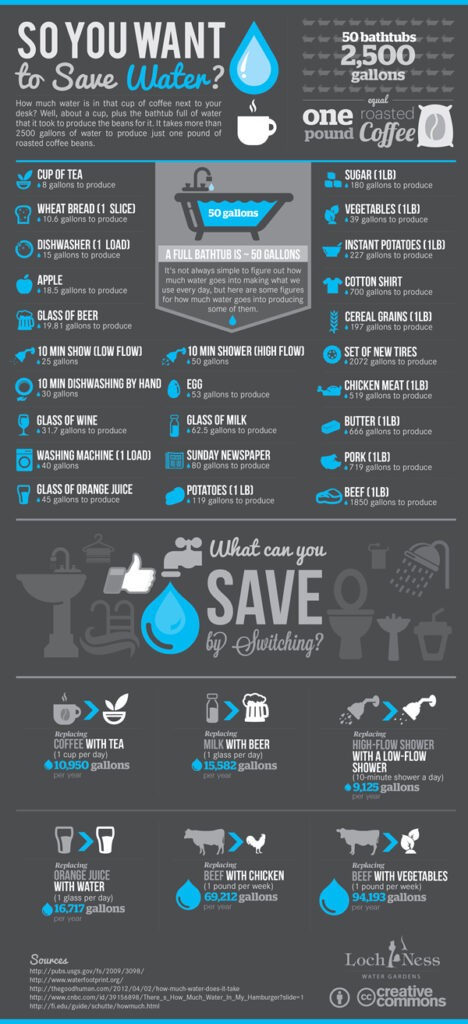
In Mauritius, we have been facing some droughts these last decades, most probably due to climate change. The authorities are working on awareness programmes and finding ways to have a 24/7 access to tap water in all parts of the island, but there is still a lot of wastage, from individuals and from inefficient management of the water distribution system.
We cannot live without water; it is an irreplaceable resource. It can be an important challenge to sustainable development, but by changing behaviour, we can be the key to a healthy environment and a clean planet, where everyone has an equitable access to this precious resource.
“The right to safe and cleaning drinking water and sanitation is a human right that is essential for the full enjoyment of life and all human rights” – UN
Sources:
www.un.org
www.thegef.org
www.activesustainability.com
